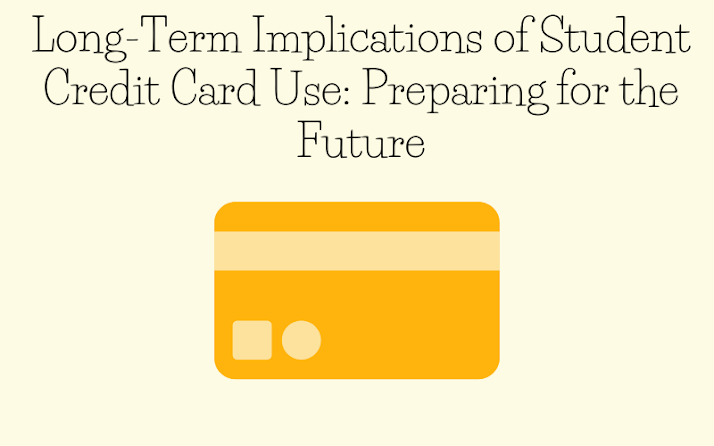Advantages and disadvantages of using a health credit card.
Healthcare is expensive, and sometimes insurance policies don't cover all the medical expenses. In such situations, people turn to alternative payment methods, including a health credit card. A health credit card is a type of credit card that specifically caters to medical expenses. It can be used to pay for out-of-pocket healthcare expenses, including prescription drugs, co-pays, and deductibles. However, like any other financial product, health credit cards come with their own set of advantages and disadvantages.
Advantages of Health Credit Cards
Convenient Payment Option
One of the most significant benefits of health
credit cards is that they offer a convenient payment option. In times of
medical emergencies, you might not have enough cash on hand to cover the
expenses. A health credit card can come in handy in such situations. You can
use it to pay for medical expenses without having to worry about arranging for
cash.
No Interest Period
Many health credit cards offer an
interest-free period. You won't have to pay any interest on your purchases
during this time. This can be helpful if you have a large medical expense and
need time to pay it off. However, it's important to note that the interest-free
period is usually for a limited time, and after that, you will have to pay
interest on your outstanding balance.
Rewards and Cashback
Some health credit cards offer rewards and cashback on medical expenses. This
means that you can earn rewards points or cashback when you use your health
credit card to pay for medical expenses. This can be a great way to save money
on your medical bills.
Easy to Manage
Health credit cards are easy to manage. You
can track your expenses and payments online, which can help you stay on top of
your finances. Additionally, some health credit cards offer mobile apps that
allow you to manage your account on the go.
Disadvantages of Health Credit Cards
High-Interest Rates
One of the biggest disadvantages of health
credit cards is that they usually come with high-interest rates. If you don't
pay off your balance in full each month, you can quickly accumulate
high-interest charges. This can make it challenging to pay off your medical
expenses.
Fees
Health credit cards may also come with various
charges. For example, some health credit cards charge an annual fee, while
others may charge late payment fees or over-the-limit fees. These fees can add
up quickly, making it even more challenging to pay off your balance.
Limited Acceptance
Not all healthcare providers accept health
credit cards. This means that you may not be able to use your health credit
card to pay for all your medical expenses. Before getting a health credit card,
make sure that it is widely accepted in your area.
The temptation to Overspend
Finally, health credit cards can be tempting
to overspend. Because they offer a convenient payment option and rewards, it
can be easy to use them for non-medical expenses. However, this can quickly
lead to high-interest charges and debt.
Conclusion
Health credit cards can be a useful tool for
managing medical expenses. They offer a convenient payment option, and rewards,
and are easy to manage. However, they also come with high-interest rates, fees,
limited acceptance, and the temptation to overspend. Before getting a health
credit card, weighing the pros and cons carefully is essential. If you do
decide to get one, make sure that you use it responsibly and only for medical
expenses.
Read More: Understanding The Benefits Of Paying Your Credit Card Bill Early
.png)


.png)
Comments
Post a Comment